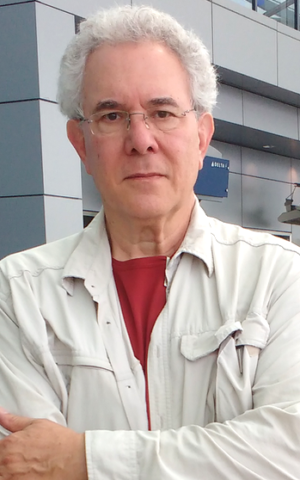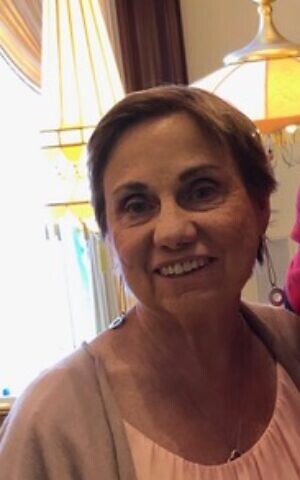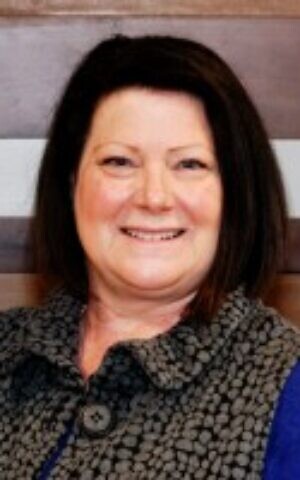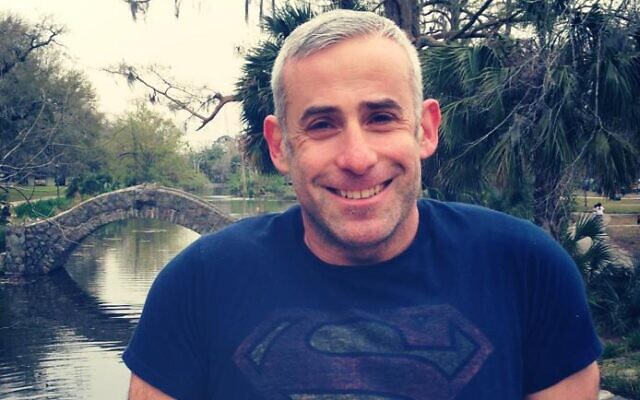Rabbi Josh Lesser to Leave Bet Haverim
Fundamental questions face Congregation Bet Haverim as rabbi prepares to leave after serving the synagogue founded to serve the community for 21 years.
Members of Congregation Bet Haverim have begun the grieving process after receiving the news last month that longtime senior Rabbi Josh Lesser is transitioning away from the pulpit. Now they are entering the questioning phase, asking themselves, what comes next?
Lesser’s announcement that he wants to have a “more justice-driven rabbinate rather than a congregation-driven rabbinate” produced a mixture of emotions in the congregation he has served for nearly 21 years.
In an email he sent to congregants Oct. 31, he wrote, “The board and I have begun to explore if completing my time [as CBH rabbi] in early 2021 or transitioning to emeritus would be best for the community and for me.”

Andy Segal, who joined Bet Haverim with his wife in 1996, shared his reaction. “I feel equal parts saddened and grieving for the loss, plus excitement for whatever projects he takes on,” said Segal, a freelance journalist and consultant. “He’s hard-wired to do great things and I have confidence he will make good judgments where he will apply his skills.”
A self-described “originator,” if not founder of the congregation, Jeri Kagel said she feels a combination of sadness and understanding of Lesser’s decision to leave the congregation. “He’s been with us quite a while. It has been good for him and us. It makes some sense to me if he wants something different in his life. He is been a great rabbi for us.”
The president of the congregation, Theresa Prestwood, said she was “a little surprised” when Lesser said he wanted to begin the process of leaving Bet Haverim, but “I’ve been aware that Rabbi Josh has the gift of doing things at a much broader level than being a congregational rabbi. So, in that sense, I was not surprised when he said that he felt he’d done what he could do” for the congregation.
In the few weeks since his announcement, Lesser and the Bet Haverim board have been negotiating a contract that allows him to remain as the congregation’s full-time rabbi through May, “giving us time to create a longer term plan and identify an interim rabbi,” Prestwood said. In June, Lesser will become rabbi emeritus. “This gives the congregation an opportunity to affirm where we are as a congregation and look at how we want to be, away from Rabbi Josh. There’s a sadness for him leaving us, but within the board some excitement about recreating ourselves and reimagining who we are. We will spend some time discerning this,” Prestwood said.
According to Prestwood, the congregation is in “very early stages. We’re working out the process and we want to be deliberate in 2021. We will ask questions and have parlor meetings and discern who we are.” In the first few weeks following Lesser’s announcement, the board focused on helping the congregation grieve, she said, as it negotiated Lesser’s new contract. The board has also been in touch with the national office for Reconstructionist Judaism, with which it is associated.

Lesser is “not someone you replace easily,” noted Segal, pointing out that the congregation initially was led by laypeople, before having a part-time rabbi, then hiring Lesser full-time. “It’s hard to imagine the synagogue without Josh. The synagogue is proud of Josh and Josh has been the face of the synagogue. Yet, he’s not the synagogue. There are a lot of people who work hard to invigorate it.”
Referring to the fact that the congregation was founded by members of the gay community, Segal said Bet Haverim was “built on the shoulders of people who came out of the closet and put their careers and family relationships at risk. These were very brave people.”
When asked how important it is for the congregation’s new rabbi to be gay or lesbian, Segal responded slowly, “I don’t know. I don’t know how the leadership will answer that question.”
Kagel said that “it feels more difficult to answer [that question] than many years ago.” She recalled how the synagogue had to make a decision at one point whether to open its membership to straight people, and then decided to still “call ourselves a gay synagogue. Also, for a long time, the president of the board had to be a gay or lesbian, but that changed over time,” she added.
Segal recalls that he and his wife were among the “first straight families with children to join. There had been a concern about how the synagogue would evolve if it made itself accessible to the straight community.”
It’s unclear what the proportion of gay or straight members there are at Bet Haverim. Some say 40 percent gay while others say 60 percent.
Noting how she “came out” in the ‘70s, Kagel said as a political activist, “back then, I knew straight and gay. That has changed for me. There are many different ways to define ourselves. There are also Jews of color and interfaith families. Who should be the face of our synagogue? I am not sure. What feels important is that we find some way to convey to the Jewish community that there remains something distinctive to us.”
She acknowledged that several synagogues in Atlanta call themselves welcoming to gay members and some have had a gay rabbi on board. “It’s our history that makes us distinctive. But the question of whether our next rabbi must be gay or not should be answered before we start a search.”
Prestwood said the board will definitely look at that question. But she said the search for a new rabbi will be “more about someone that can help us engage with a myriad of identities that might be stifled in other places.”

While the congregation figures out its next steps, Lesser is doing likewise.
“I’d designed this year to take a few weeks of unpaid leave to work on projects I’d been invited to take on,” Lesser said. “Then the pandemic hit. I don’t know that there is a year that I worked harder or more deliberately. I’ve been living and breathing congregational work. I wanted to get the congregation in a solid place.”
He admitted that he had been concerned how Bet Haverim would handle the High Holy Days in the pandemic. “I worried that our numbers would be down, but they went up. It was such a powerful experience. And we’re now on solid financial footing. I realized that I could begin to transit out. Now I’m going to need a little space to see what I want to do next.”
Lesser knows that he wants to bring a more spiritual aspect to political advocacy. “People who work in the political field could be more successful if they act with a mindful approach,” he said. How that will unfold, he’s not sure. “If I can’t find the right position, I will just create it.”
For the last few years, he added, he’s been moving in this direction. Now that he’s 50 years old, he felt the time is right. “I am a gay man without children and no nieces or nephews. Legacy and impact have always been important for me.” Lesser said he often chants Exodus 10:26: “We do not know how we will serve G-d until we get there.”




comments